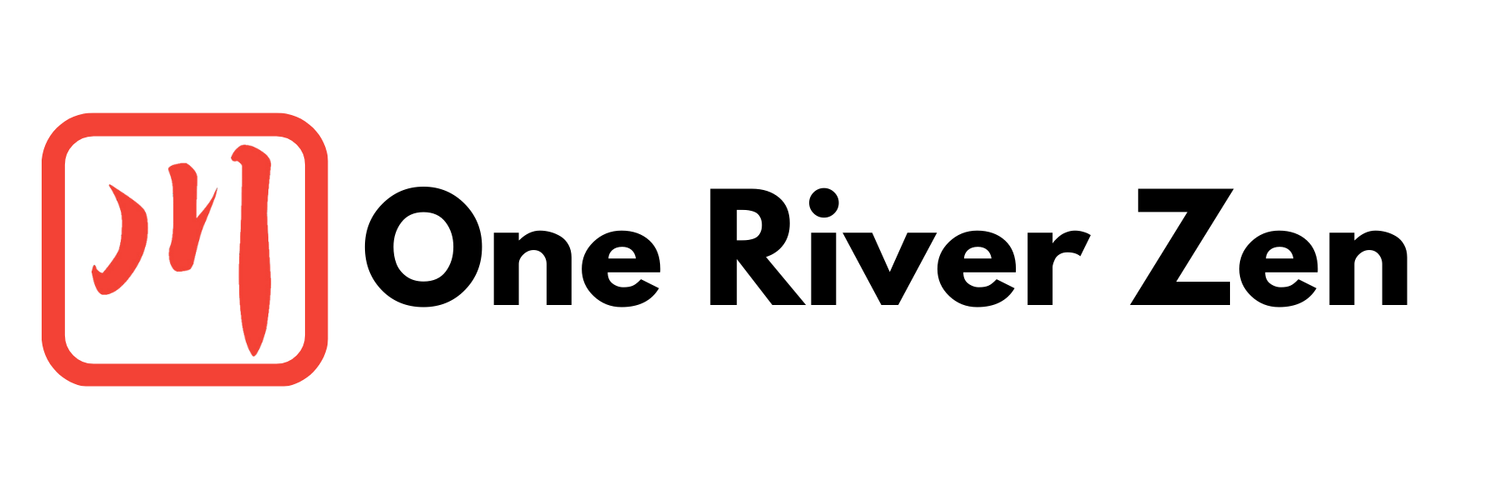Emptiness and Enlightenment: The Zen Teaching of Nan-in
Nan-in, a Japanese master during the Meiji era (1868-1912) received a university professor who came to inquire about Zen.
Nan-in saved tea. He poured his visitor's cup full, and then kept on pouring. The professor watched the overflow until he no longer could restrain himself. 'It is overfull. No more will go in!'
‘Like this cup,' Nan-in said. ‘You are full of your own opinions and speculations. How can I show you Zen unless you first empty your cup? '
-Shaseki-shu, Case One
In the bustling era of Meiji Japan, amidst a transformative period of modernization, there lived a Zen master whose teachings continue to resonate across generations. Nan-in, renowned for his profound insights into Zen philosophy, once imparted a lesson to a curious university professor that transcends time and culture.
The encounter between Nan-in and the professor serves as a poignant allegory for the essence of Zen practice. As the professor sought knowledge about Zen, Nan-in astutely perceived the limitations obstructing the flow of understanding. With a simple yet profound gesture, Nan-in poured tea into the professor's cup, seemingly to its brim, and then continued pouring on. Perplexed, the professor exclaimed that the cup could hold no more, to which Nan-in responded with gentle wisdom: "Like this cup, you are full of your own opinions and speculations. How can I show you Zen unless you first empty your cup?"
This timeless anecdote encapsulates a core teaching of Zen – the necessity of loosening our grip on preconceived notions and intellectual clutter to attain true insight and understanding. The cup symbolizes a mind clinging to concepts, beliefs, and prejudices, hindering the reception of new wisdom. Nan-in's invitation to "empty your cup" is an invitation to approach life with openness, humility, and receptivity – living in a state of wonder - the path of enlightenment.
In our world inundated with noise and distractions, the message of Nan-in resonates with profound relevance. The frenetic pace of modern life often leaves little room for introspection and stillness. Yet, amidst the chaos, the practice of Zen offers a sanctuary. When we take a step back and see the mind grasping at its concepts and ideals, labeling and narrating our lives, we can let go of that mind. The very act of being meta aware of this small mind opens us to our much larger true nature.
Emptiness, in the Zen tradition, is not a state of void or absence, but rather a fertile ground for transformation and awakening. By relinquishing attachment to fixed ideas and embracing the boundless potential of the unknown, one opens the door to profound insights and liberation from the constraints of the small self.
Nan-in's teachings are not merely ancient ruminations from a dusty old tome; they serve as a timeless reminder of the power of emptiness in the awakening to wisdom and enlightenment. As we navigate the complexities of existence, let us heed the wisdom of Nan-in and approach life with empty cups, ready to be filled with the ever-flowing stream of truth and beauty in this present-infinite moment!

